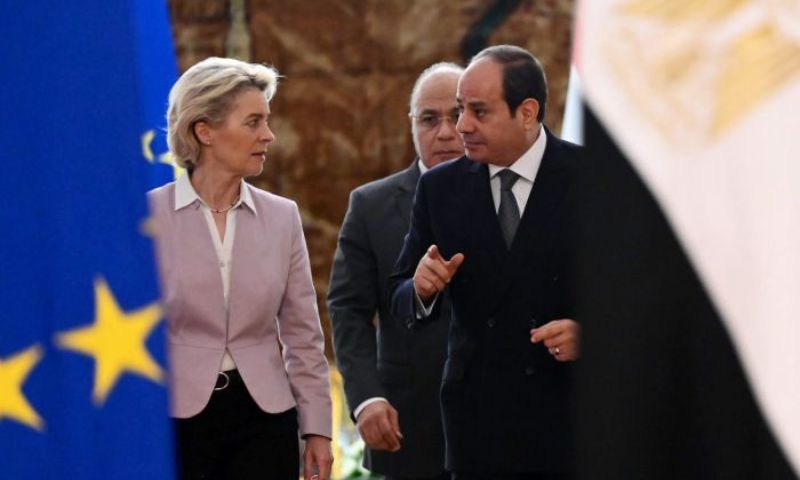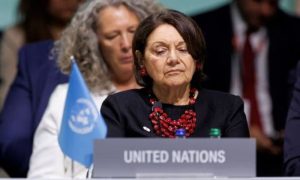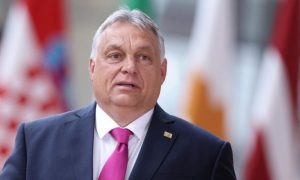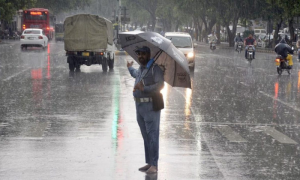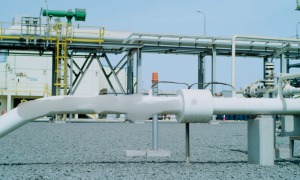CAIRO: European Commission President Ursula von der Leyen announced on Saturday that European companies have committed to signing more than 20 new deals and Memoranda of Understanding (MOUs), totaling over 40 billion euros ($42.85 billion), at the Egypt-EU Investment Conference in Cairo, Reuters reported.
Ursula von der Leyen arrived in Cairo on Saturday to inaugurate a two-day investment conference, where European companies are anticipated to finalize deals totaling more than $42 billion.
Speaking at a meeting in the Egyptian capital, von der Leyen highlighted the significant economic partnerships being forged, stating, “At this conference, European companies are signing over 20 new deals… which are worth over 40 billion euros.”
The event marks a critical milestone following the signing of a 7.4 billion-euro ($7.9 billion) EU funding package in March aimed at supporting Egypt amid its economic challenges. This strategic partnership agreement includes financial assistance in exchange for increased energy exports to Europe and efforts to mitigate migration.
“Today, we sign the first one billion euros in macro financial assistance,” von der Leyen announced, referring to the initial disbursement under the funding package. The macro financial aid comprises a series of medium and long-term loans, constituting a significant portion of the total EU financial support allocated to Egypt.
In addition to the financial aid, the partnership aims to attract 1.8 billion euros in European investments, von der Leyen emphasized.
Egypt is grappling with severe economic difficulties exacerbated by high inflation rates. President Abdel Fattah El-Sisi, in his opening remarks at the conference, underscored its objective to “facilitate European companies’ access to investment opportunities in Egypt.”
The conference agenda focuses on key sectors including employment generation, economic growth initiatives, and the development of green and renewable energies, President El-Sisi outlined.
With Egypt’s extensive natural gas reserves as a strategic asset, the country aims to leverage these resources to stabilize its foreign currency reserves, while the EU seeks to diversify its energy sources away from reliance on Russian gas post-Ukraine conflict.
Von der Leyen also emphasized Egypt’s ambition to become a hub for clean energy, aligning with Europe’s strategic interests in sustainable development.
Despite these economic opportunities, human rights groups have voiced concerns about the migration conditions associated with the EU-Egypt partnership. Criticism has arisen regarding similar agreements with other North African countries aimed at curbing irregular migration across the Mediterranean Sea.
US-based Human Rights Watch criticized the EU’s approach, labeling it as “cash-for-migration-control,” cautioning that such agreements could strengthen authoritarian regimes at the expense of human rights defenders and activists.
Amnesty International asserted that any EU financial assistance to Egypt should be contingent upon significant human rights reforms.
The stability of Egypt is important for the region.
In a world of turmoil, we have deepened our relations, building on our historical ties.
Our new partnership reflects this.
We keep working on all strands.
From trade, energy, water, migration, to skills and mobility. pic.twitter.com/inFgbUdMuM
— Ursula von der Leyen (@vonderleyen) June 29, 2024









